In our day-to-day life, both in our personal as well as professional life, we aim for efficiency in every aspect. And when we speak about efficiency, integration plays a major role. For example, integrating two different sectors in a business workflow not only increases productivity but also reduces its overall cost. Similarly, the integrated ERP system plays a major role in an enterprise’s development and growth. ERP integration strategy not only helps in automating the business processes but also helps in meeting the growing business demands. So what is an integrated ERP system?
In general, Integration is nothing but the process of combining two different functionalities incorporated in the workflow of a business. Similarly, the strategy for ERP system integrations consists of combining different systems in an enterprise incorporated and automated by means of ERP software.
ERP and Integration
ERP software is a powerful resource planning and business management tool through which the business functionalities and their workflows can be streamlined and automated. It makes easier to share information and data across various systems since the ERP functionality works by means of a centralized data hub. For example, the data processed and stored in Sales departments such as placed orders and other relevant financial information can be easily automated and sent to the Accounting department when the entire organization is managed by ERP software.
ERP integration strategy is the method of interlinking ERP software with other systems in order to ensure the stability in sharing information between the various interconnected as well as automated systems. ERP software integration helps in deducing the inefficient workflows and also to improve the transparency in workflows.
Types of ERP integrations
The following are the different types of ERP integrations.
CRM and ERP integration
Effective communication and proper customer service provided to the customers are the basic essential features for running a successful business. Managing the customer service of a company by means of optimal CRM — Customer Relationship Management — software has become mandatory. Not only CRM and ERP integration support effective customer management, but also it helps in streamlining the marketing and sales processes.
ERP integration with eCommerce
When ERP is integrated with eCommerce, it provides a huge transformational effect. Most significant data of the enterprise related to inventories, orders, customer data, shipping and delivery information, etc. are collected, stored, and shared via ERP software. Using these data, the users can provide high efficiency in their workflows since these data are provided with access along with all the ERP integrated systems.
HR integration with ERP
The HR department is the most vital and only department which has its communication with each and every employee of an enterprise beneath their status and designation. And also, it is the only department which has more backend works such as recruitment process, managing the employees, etc. In that case, integrating the HR department with ERP automates the entire work processes such as managing the employee profiles, details about the recruitment processes and the appeared candidates, etc. Half of the time-consuming backend work processes in the HR department gets reduced if the integration takes place.
Project Management with ERP
Most of organizations use a third-party project management tool through which they manage their work processes. But integrating ERP with project management tool helps in managing all the business processes, work tasks, and workflows together in a standard location. The management, as well as the employees, can have a look at the management tool through which they can enlighten themselves on the current project in which they have been working, projects that are completed, and projects that are on hold. Thus they can allocate their timing based on the priority.
Business Intelligence integrated with ERP
Business Intelligence (BI) software which is considered to be the most powerful and useful tool available on the market collects and analyses data of an enterprise. Using the collected data, the BI software helps in discovering the insights of the enterprise which leads to further growth and enhancement of the company. With the help of BI integration with ERP, more accurate information can be provoked which leads to better decision making and development of the business.
The above-mentioned ERP functionality integrations are most commonly used in business fields for achieving better performance and effective business solutions. Similar to them, there are many more ERP integrations based on third-party resources.
Advantages of ERP integration
As a basis, ERP functionality was built with the purpose of interconnecting various resources of an enterprise such as manufacturing, accounting, sales, planning, etc., for mutual information sharing between the interlinked systems. But when it comes to a fully integrated ERP system, the advantages are considerably high.
The following are some of the advantages of the fully integrated ERP system.
1. Automation
The more the process gets automated, the better the obtained result.
A fully integrated ERP system helps in streamlining the entire work process of various departments in an enterprise. Thus we all know, automation reduces manual efforts and increases the time efficiency for the overall work process.
2. Improved overall efficiency
The major advantage of a fully integrated ERP system is that it not only increases the enterprise’s productivity but also it boosts its overall efficiency. It reduces the required time process by individual departments which drastically increases the time efficiency. Further, it enriches employee efficiency by reducing the manual monitoring works.
3. Accurate Forecasting
Managing to prepare more accurate forecasts helps in increasing the enterprise’s growth both directly and indirectly. Through the strategy for ERP system integrations, more accurate forecasts can be produced through which the enterprise can make more realistic and valuable business decisions.
4. Centralized Data
An integrated ERP system consists of a centralized data system which significantly improves the internal workflows. Further, these centralized data help in deducing the time taken by the individual processes since all the data utilized are stored in a common spot. Thus the employee from various departments need not have to depend upon the other person in order to complete their work processes.
For example, an employee from the accounting department doesn’t have to interact with the sales team every week/month in order to get an updated record of revenue processed by the organization.
5. Transparency in workflow
Since the integrated ERP system has centralized data, the tasks and workflows in an enterprise are highly visualized. For example, if the ERP system of an enterprise is integrated with a project management tool, an employee can have a view at his fellow employees on which they are working on. Thus the transparency in the workflow of an enterprise is high in a fully integrated ERP system which ultimately leads to better productivity and relationship management.
Apart from the above-mentioned benefits, there are certain challenges faced while implementing the integration process. The challenges of ERP integration process such as its complexity, the rate of cost for implementation, training for customization, etc., are present. But when compared to the overall efficiency, the above-mentioned challenges of ERP integration processes can be easily faded away.
Future look
Since technology is all about change and advancement, ERP integration would be mandatory even for small-scale businesses in the near coming future. At present, most of the business fields have already implemented ERP integration for maximizing their efficiency. Customizing the integration based on the business needs is the unique proposition offered in the ERP software field.
PPTS — an official Odoo silver partner — renders various services in Odoo ERP software such as Odoo ERP implementation, integration, and customization based on the unique business needs. Feel free to contact us in case of any queries or services required.

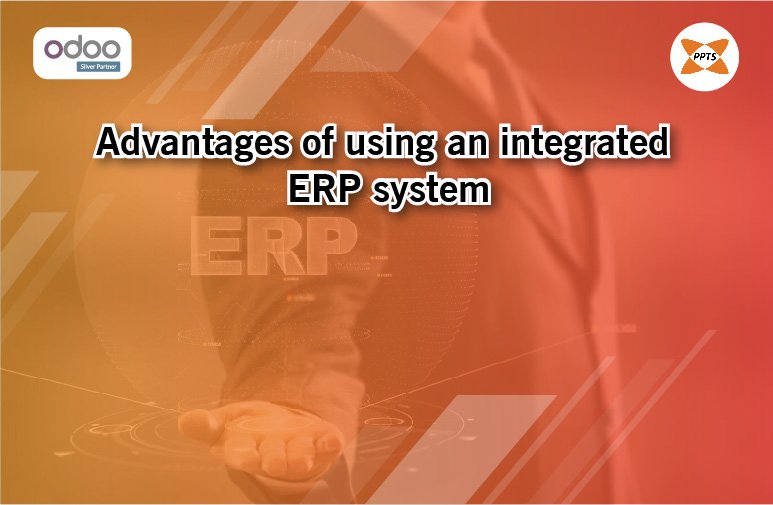

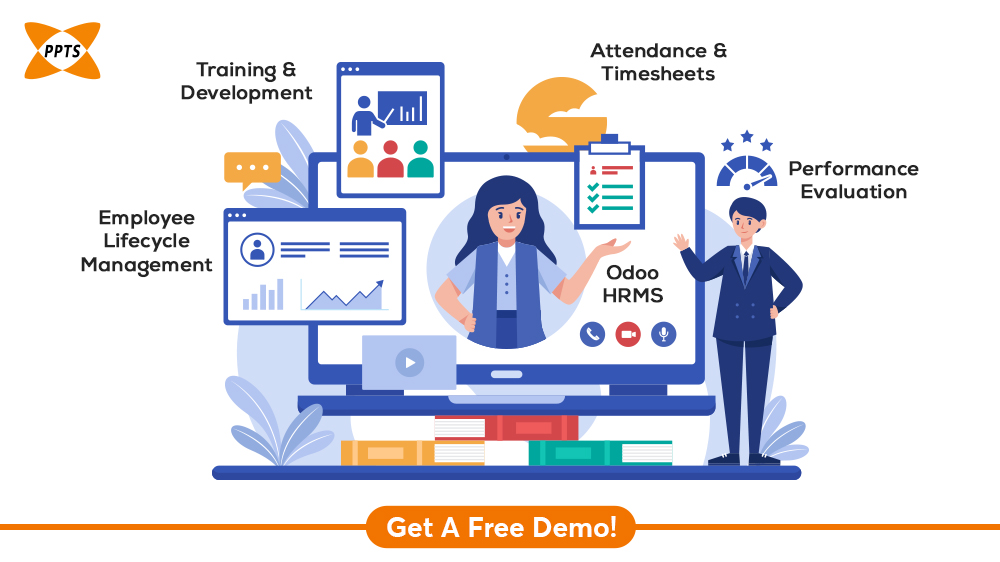
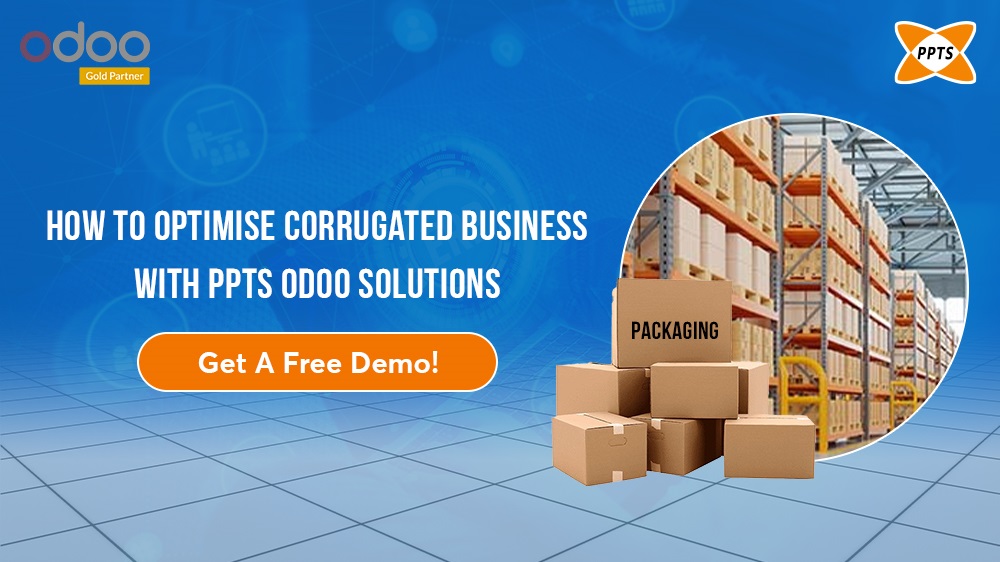
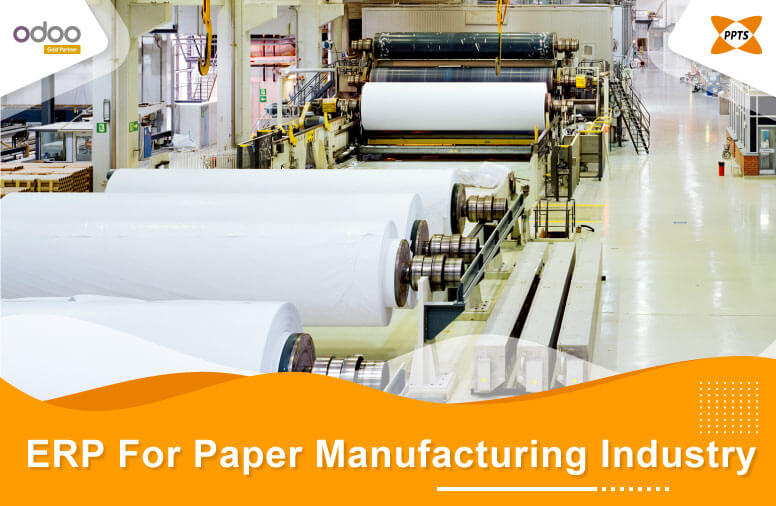
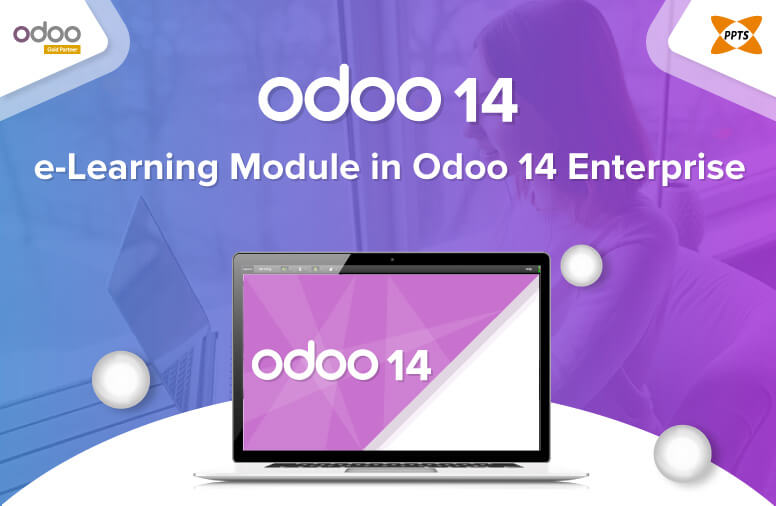
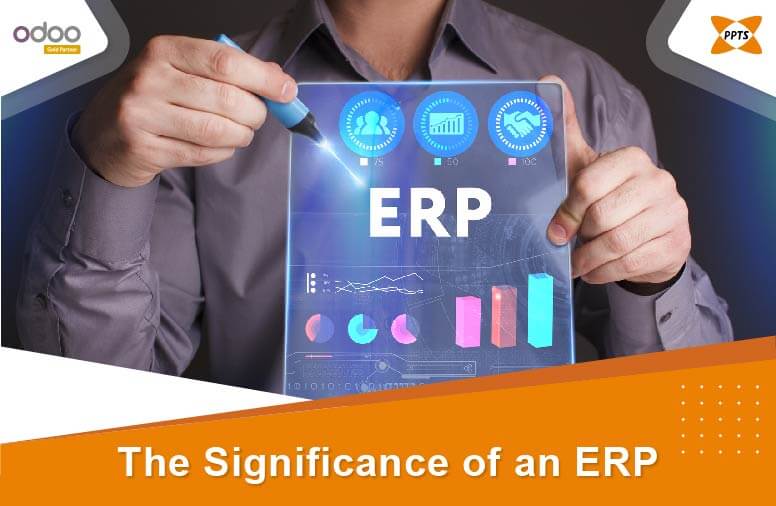

This Post Has One Comment
thanks for providing useful information on integrated erp system
Comments are closed.